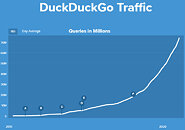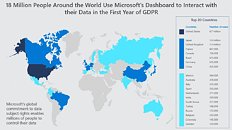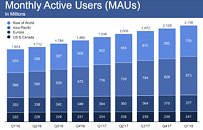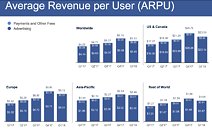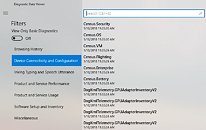McAfee Launches Privacy & Identity Guard in Staples Stores Nationwide, Helping Americans Take Control of Their Personal Data Online
Today, McAfee Corp., a global leader in online protection, announced the launch of its new McAfee Privacy & Identity Guard product available at Staples stores nationwide. McAfee's Privacy & Identity Guard will help Staples customers safeguard their identity and privacy online. In the U.S. 70% of adults are concerned about their ability to keep their information private. And more than half (52%) of U.S. adults want to be more in control of personal information and data online. Therefore, regaining control of personal data, and the data often most sought after by cybercriminals, has never been more important.
Staples customers will have access to McAfee Privacy & Identity Guard and will be able to proactively monitor and remove data online to help prevent potential identity theft and fraud. With an industry-leading set of features, McAfee Privacy & Identity Guard provides visibility into the risky places personal information is available, including the dark web, data broker sites, and sites that hold data tied to unused or old accounts. Customers can then take action to reduce the amount of personal data online and, in turn, lower the risk of identity theft.
Staples customers will have access to McAfee Privacy & Identity Guard and will be able to proactively monitor and remove data online to help prevent potential identity theft and fraud. With an industry-leading set of features, McAfee Privacy & Identity Guard provides visibility into the risky places personal information is available, including the dark web, data broker sites, and sites that hold data tied to unused or old accounts. Customers can then take action to reduce the amount of personal data online and, in turn, lower the risk of identity theft.












